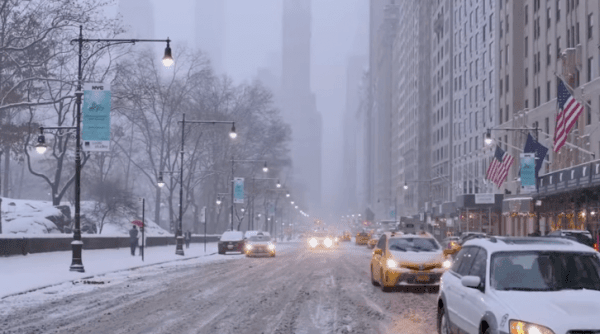A mild winter could be in store for much of the United States this winter according to NOAA’s Climate Prediction Center. In the U.S. Winter Outlook for December through February, above-average temperatures are most likely across the northern and western U.S., Alaska and Hawaii.
Additionally, El Nino has a 70 to 75 percent chance of developing. “We expect El Nino to be in place in late fall to early winter,” said Mike Halpert, deputy director of NOAA’s Climate Prediction Center. “Although a weak El Nino is expected, it may still influence the winter season by bringing wetter conditions across the southern United States, and warmer, drier conditions to parts of the North.”
El Nino is an ocean-atmosphere climate interaction that is linked to periodic warming in sea surface temperatures in the central and eastern equatorial Pacific. During the winter, typical El Nino conditions in the U.S. can include wetter-than-average precipitation in the South and drier conditions in parts of the North.
Other climate patterns that can affect winter weather are challenging to predict on a seasonal time scale. The Arctic Oscillation influences the number of arctic air masses that penetrate into the South and could result in below-average temperatures in the eastern part of the U.S. The Madden-Julian Oscillation can contribute to heavy precipitation events along the West Coast – which could play a large role in shaping the upcoming winter, especially if El Nino is weak, as forecasters predict.
Continue reading at NOAA.
Image via NOAA.


